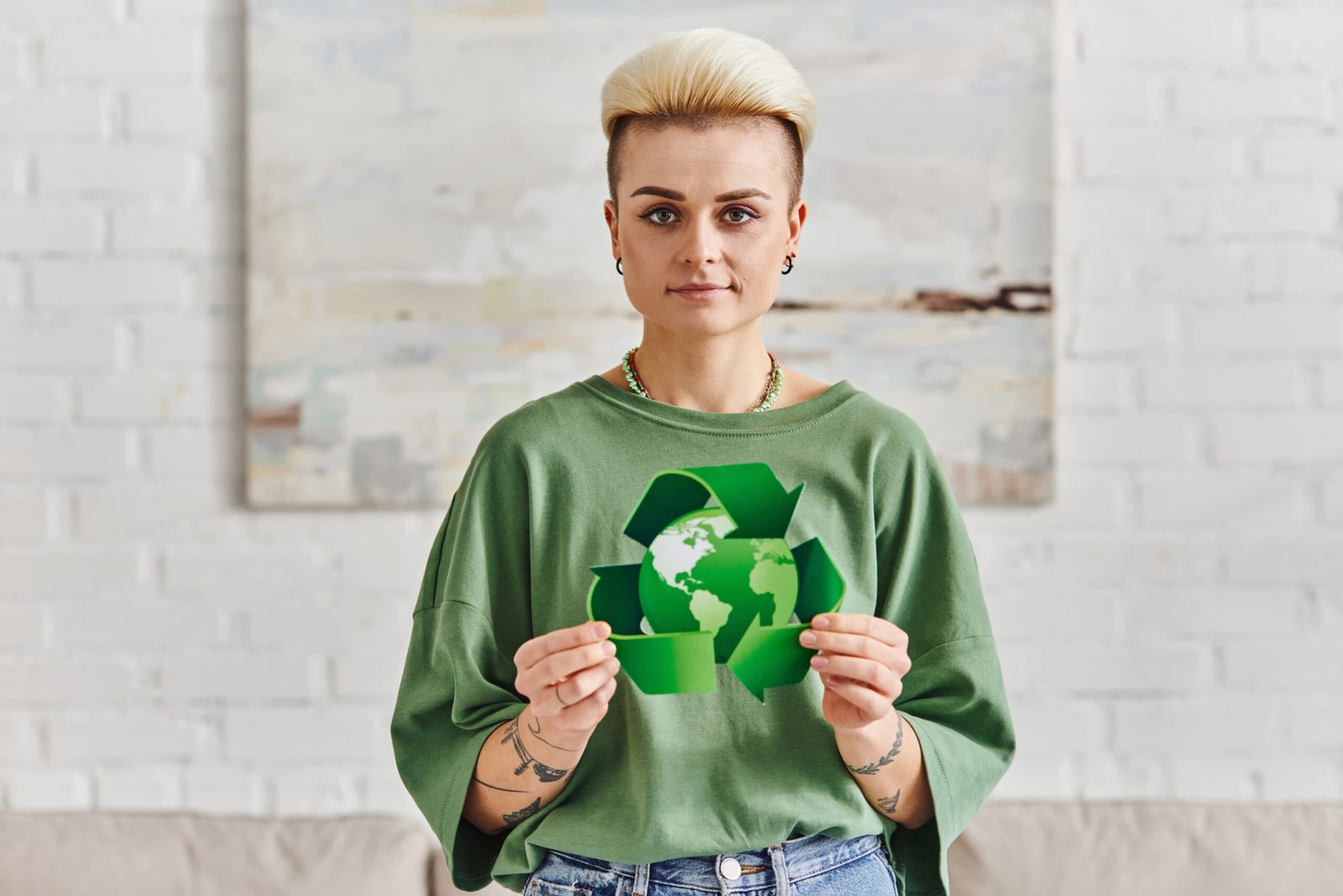Why Fashion Needs to Be More Sustainable?
The fashion industry is a global juggernaut, employing millions and generating billions in revenue each year. However, this multi-billion-dollar industry comes at a tremendous cost to the environment. Fashion needs to be more sustainable because the production, distribution, and disposal of fashion products have a staggering ecological impact, making sustainable fashion practices an urgent necessity.
The Environmental Impact of Fast Fashion
The rise of fast fashion, which emphasizes constant turnover of inexpensive, trendy clothing, has exacerbated the industry’s environmental toll. Clothing production requires immense amounts of water, energy, and chemicals, depleting natural resources and contributing to greenhouse gas emissions, water pollution, and soil degradation.

According to the United Nations Environment Programme, the fashion industry is responsible for 20% of global wastewater and 10% of global carbon emissions – more than international flights and maritime shipping combined. Additionally, the production of plastics and synthetic fibers used in clothing manufacturing has a severe impact on marine ecosystems, with countless plastic particles ending up in our oceans.
The Waste Dilemma
Compounding the problem is the sheer volume of textile waste generated by the fashion industry. It is estimated that over 92 million tons of textile waste is created annually, with the average person throwing away around 70 pounds of clothing per year. Much of this waste ends up in landfills or incinerators, releasing harmful toxins and greenhouse gases into the environment.
Embracing Sustainable Fashion Practices
Addressing the fashion industry’s environmental impact requires a multi-faceted approach, involving both producers and consumers. Sustainable fashion practices aim to minimize the negative ecological effects of clothing production, consumption, and disposal.
For fashion brands and manufacturers, this means adopting eco-friendly materials, implementing water and energy-efficient production methods, and exploring circular business models that prioritize recycling and upcycling. Leading brands like Patagonia, Stella McCartney, and Eileen Fisher have already embraced sustainable practices, setting an example for the rest of the industry.
Consumers, too, play a crucial role in driving sustainable fashion. Embracing a more mindful and minimalist approach to clothing consumption, investing in high-quality, durable pieces, and supporting ethical, environmentally-conscious brands can significantly reduce our individual fashion footprint.
The Rise of EcoFashions Consumerism
Encouragingly, there is a growing movement of ecoFashions consumers demanding greater transparency and sustainability from the fashion industry. Millennials and Gen Z, in particular, are increasingly vocal about their desire for ethical, planet-friendly fashion choices.
This shift in consumer attitudes has created a demand for sustainable fashion, incentivizing brands to adopt more environmentally responsible practices. However, more widespread change is needed across the entire fashion value chain to truly mitigate the industry’s ecological impact.
Innovative Solutions for a Greener Future
To achieve this, the fashion industry must embrace innovative solutions and technologies that promote sustainability. From developing eco-friendly alternatives to conventional materials, to exploring blockchain-based supply chain transparency, to investing in closed-loop recycling systems, the possibilities for a greener fashion future are vast.
Additionally, collaborative efforts between policymakers, fashion brands, NGOs, and consumers are essential to create a regulatory environment that incentivizes sustainable practices and holds companies accountable for their environmental impact.
A Call to Action
The fashion industry’s environmental footprint is simply too significant to ignore. As conscious consumers and global citizens, we must demand and support sustainable fashion practices that prioritize the health of our planet. By embracing eco-friendly alternatives, minimizing waste, and supporting ethical brands, we can collectively drive the fashion industry toward a more sustainable future.
The time for action is now. Let us work together to ensure that the clothes we wear do not come at the cost of a habitable planet for future generations. Sustainable fashion is not just a trend – it is a necessity for a healthier, greener, and more equitable world.










Recent comments
-

trendy clothes
Link exchange is nothing else but it is…
-

Michael Schoeninger
What are some good Tumblr blogs that allow…
-

Proxies cheap price
I simply wanted to jot down a brief…
Add a comment...